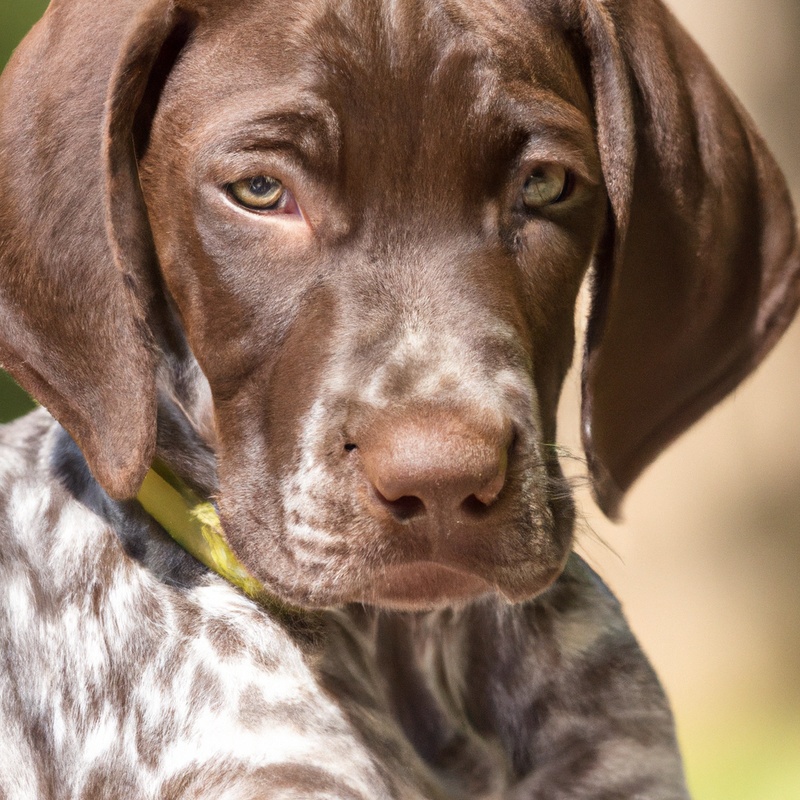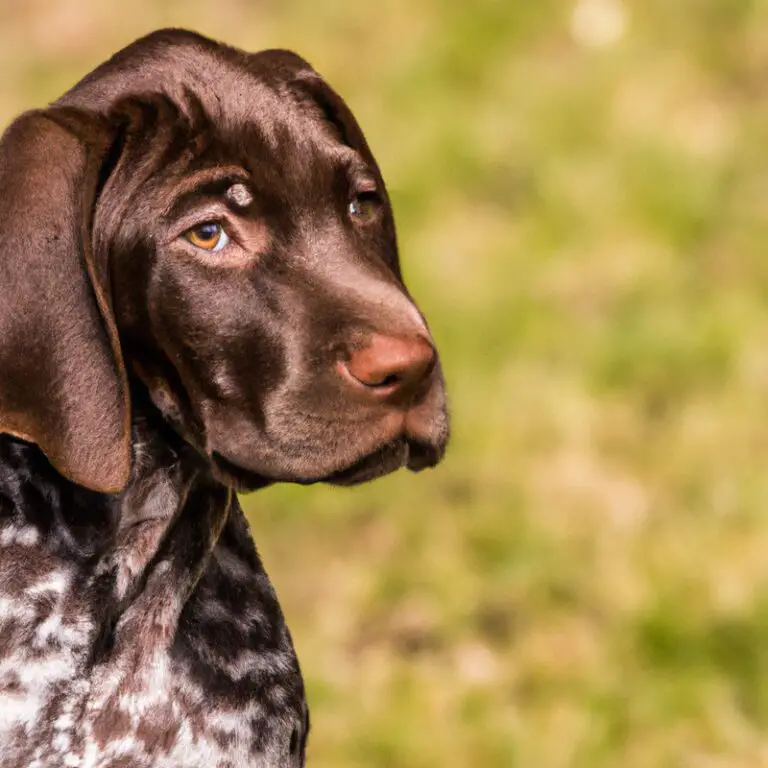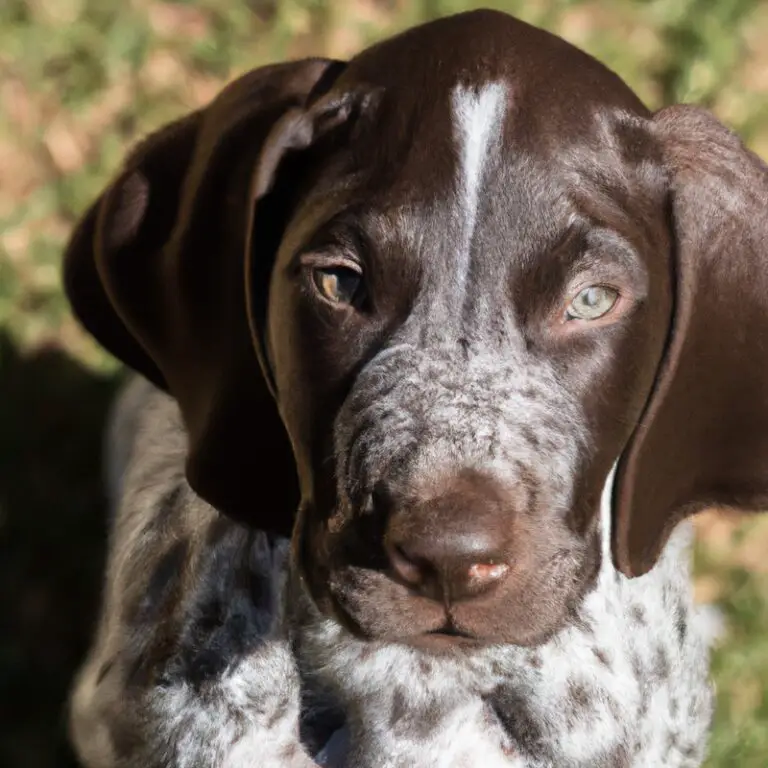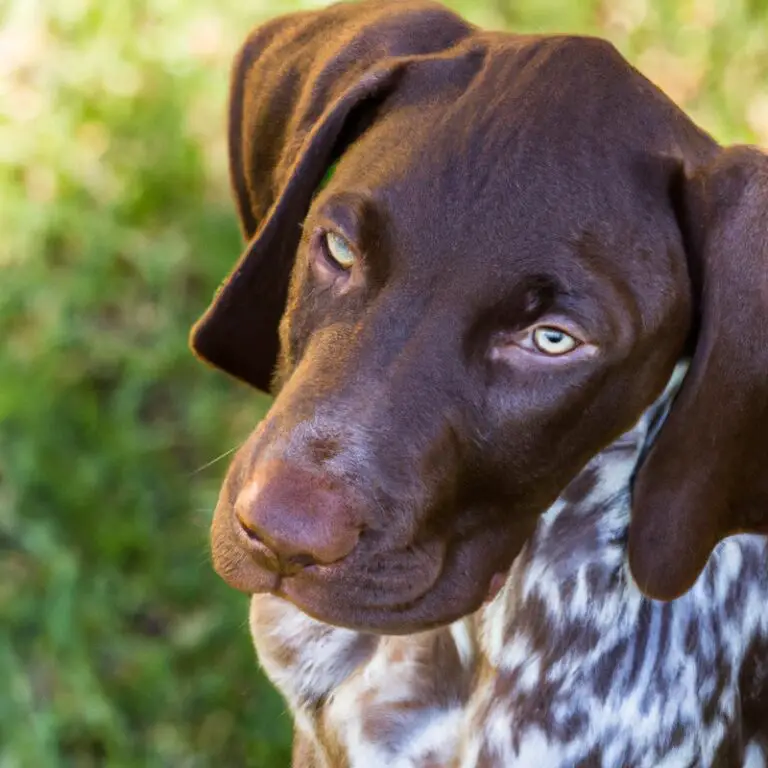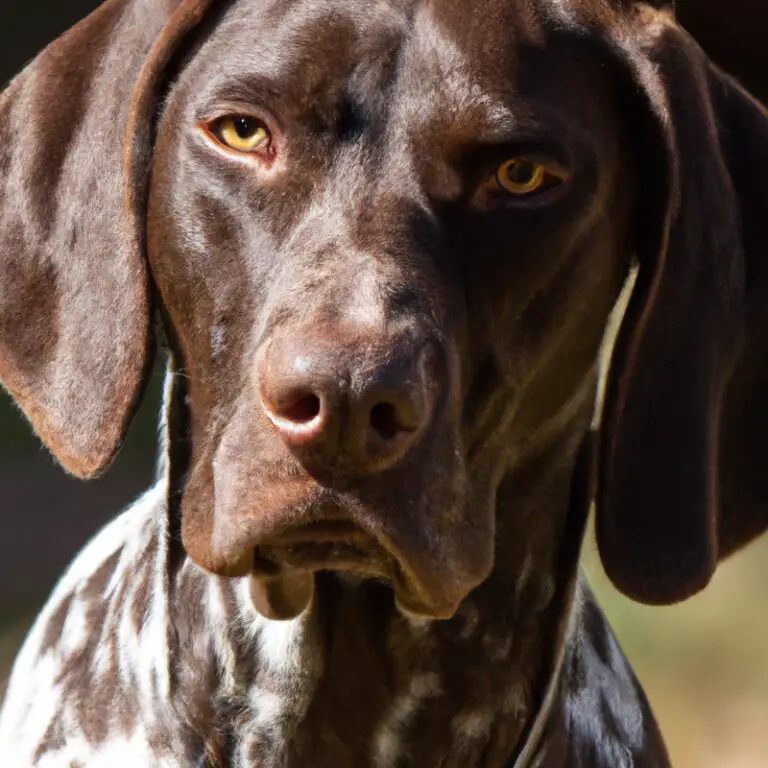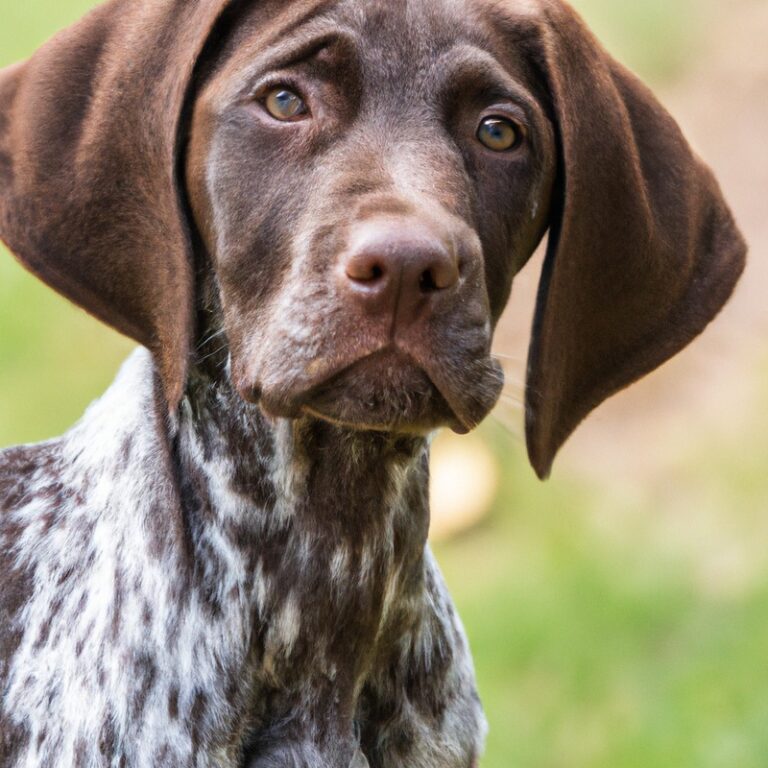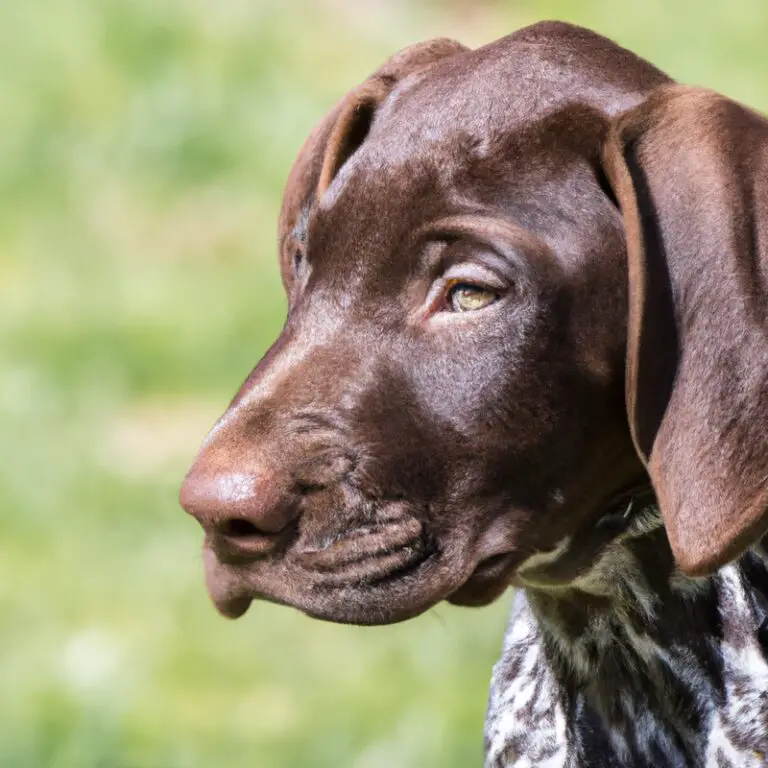Are German Shorthaired Pointers Good With Children With Special Needs?
Key Takeaways:
- German Shorthaired Pointers generally have a good temperament and can be good companions for children with special needs.
- Proper socialization and training can help ensure a positive interaction between German Shorthaired Pointers and children with special needs.
- It is important to supervise any interactions between German Shorthaired Pointers and children to ensure safety for both parties.
- Individual compatibility may vary, so it’s necessary to assess the specific needs and temperament of the child and the dog before making a definitive conclusion.
Are German Shorthaired Pointers good with children with special needs? It’s a question that weighs heavily on the minds of parents and caregivers looking to introduce a furry companion to their family.
As an expert on German Shorthaired Pointers and their interactions with children, I can tell you that these energetic and intelligent dogs have a lot to offer.
In this article, we’ll dive deep into understanding the characteristics and temperament of German Shorthaired Pointers, explore their general interactions with children, and discuss the unique considerations for children with special needs. We’ll also delve into the benefits these dogs can bring to children, such as physical exercise, emotional support, and sensory integration.
Plus, I’ll share important tips for training and socializing German Shorthaired Pointers to ensure a safe and harmonious relationship.
So, if you’re wondering if German Shorthaired Pointers are a good fit for your child with special needs, I’ve got you covered!
| Aspect | German Shorthaired Pointers (GSPs) |
| Affectionate | Yes |
| Intelligent | Yes |
| Energetic | Yes |
| Protective | Yes |
| Trainable | Yes |
| Patient | Yes |
| Adaptable | Yes |
| Gentle | Yes |
| Social | Yes |
| Sensitive to children’s needs | Yes |
Understanding German Shorthaired Pointers
Characteristics of German Shorthaired Pointers
German Shorthaired Pointers, or GSPs for short, are truly unique and amazing dogs. They have a distinctive coat that is short and dense, which helps keep them comfortable in a variety of climates.
They are also known for their intelligence and high energy levels, making them excellent partners for active individuals or families.
GSPs are natural athletes with strong hunting instincts, and they require regular exercise to keep them happy and healthy. They are also incredibly friendly and loyal, often forming strong bonds with their owners.
With proper training and socialization, they can get along well with children and other pets.
German Shorthaired Pointers are truly one-of-a-kind dogs that can bring joy, companionship, and adventure to any family.
Temperament and Behavior of German Shorthaired Pointers
German Shorthaired Pointers are known for their friendly and outgoing temperament. These dogs are generally very affectionate and love to be around people, including children.
They are intelligent and eager to please, which makes them highly trainable.
However, it’s important to note that they have a lot of energy and require regular exercise to keep them happy and healthy. German Shorthaired Pointers are usually good with children, but as with any dog, it’s essential to supervise interactions and teach children how to properly interact with them.
These dogs thrive on attention and love to be part of the family, so they can make wonderful companions for children with special needs.
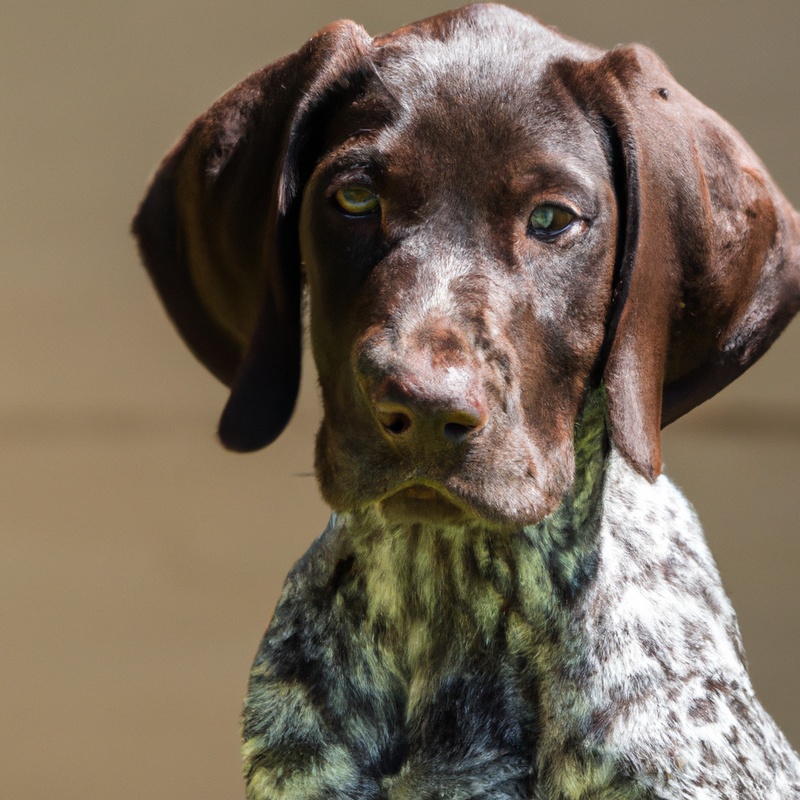
Interaction of German Shorthaired Pointers with Children
General Interactions between German Shorthaired Pointers and Children
German Shorthaired Pointers generally have a positive interaction with children. They are known to be friendly, affectionate, and patient, which makes them a great choice for families with kids.
These dogs often enjoy playing and running around with children, and their energetic nature can keep up with active kids.
German Shorthaired Pointers are also very loyal and protective, which can make them great companions and guardians for children. It’s important, like with any dog breed, to supervise interactions between German Shorthaired Pointers and children to ensure safety and teach children how to properly interact with dogs.
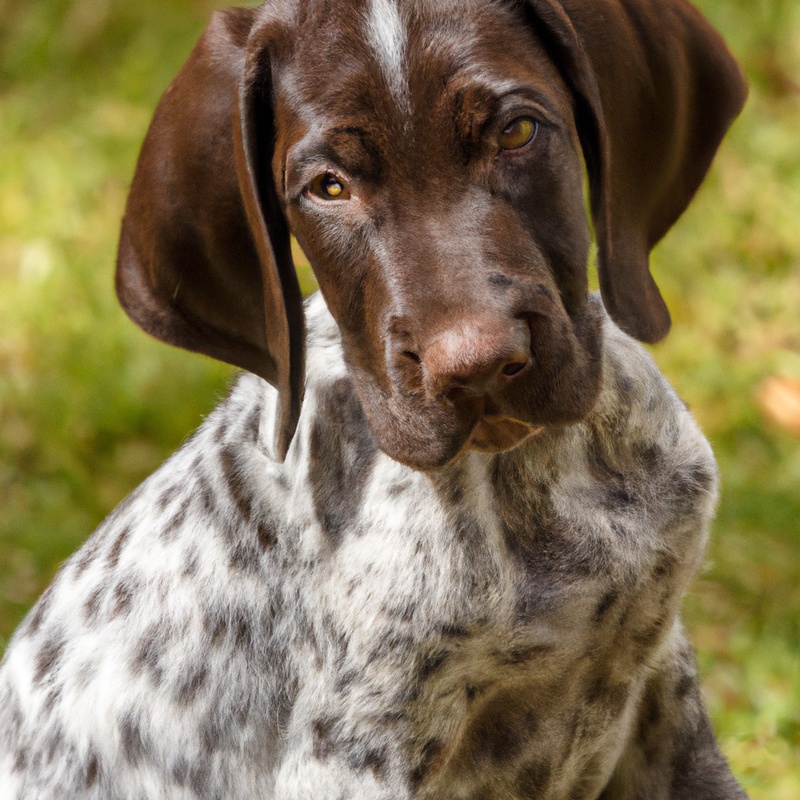
Considerations for Children with Special Needs
When considering the needs of children with special needs, there are a few important factors to keep in mind. First and foremost, it’s crucial to have a thorough understanding of the child’s specific condition and any unique challenges they may face.
This will help in providing appropriate support and accommodations.
Another important consideration is to create a safe and inclusive environment for the child. This includes ensuring that physical spaces are accessible and free from potential hazards.
Additionally, it’s essential to promote understanding and acceptance among peers, fostering a positive social experience for the child.
Communication is key when working with children with special needs. It’s important to establish open lines of communication with the child, their parents, and any other professionals involved in their care.
This will help in identifying and addressing any specific needs or concerns that may arise.
Lastly, flexibility and patience are vital in interacting with children with special needs. Each child is unique, and what works for one may not work for another.
By being adaptable and understanding, we can better support these children in reaching their full potential.
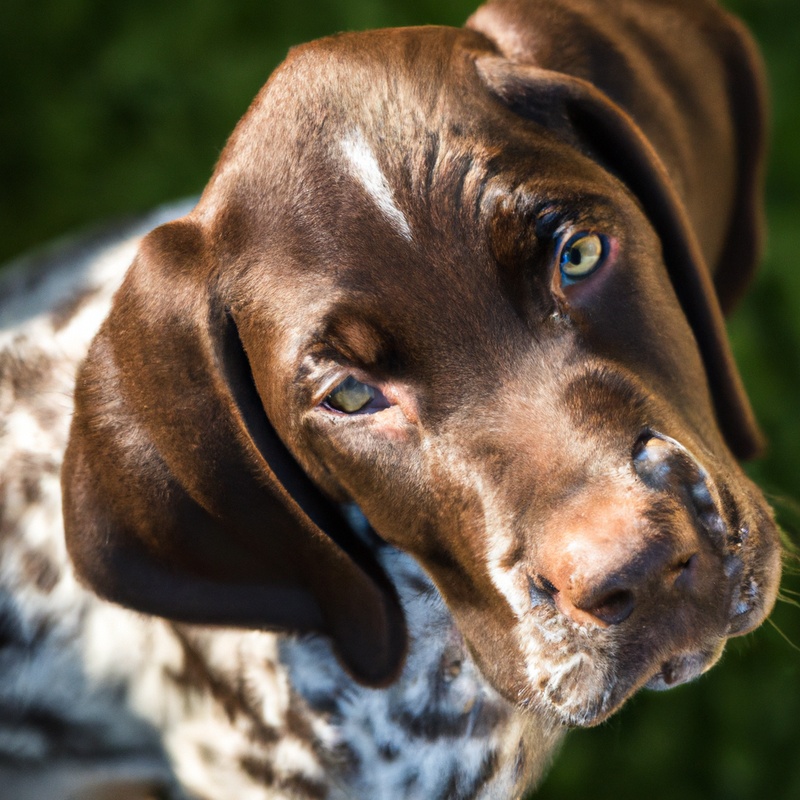
Benefits of German Shorthaired Pointers for Children with Special Needs
Physical Exercise and Mental Stimulation
Physical exercise and mental stimulation are two key aspects of raising German Shorthaired Pointers (GSPs) that can greatly benefit children with special needs. GSPs are known for their high energy levels and need for exercise, making them perfect companions for active kids.
Engaging in physical activities such as walks, runs, or playing fetch can help children with special needs improve their motor skills, coordination, and overall physical health.
Additionally, GSPs are highly intelligent and require mental stimulation to prevent boredom. This can be achieved through interactive games, puzzle toys, and obedience training, which can enhance cognitive abilities and concentration in children.
By providing both physical exercise and mental stimulation, GSPs can contribute positively to the overall well-being and development of children with special needs.
Emotional Support and Companionship
Emotional support and companionship are two crucial aspects of owning a German Shorthaired Pointer, especially for children with special needs. These lovable dogs have a natural ability to provide comfort and unconditional love.
They are highly intuitive and can sense when someone is feeling down or anxious.
This can greatly benefit children with special needs, as the presence of a GSP can help alleviate feelings of loneliness, anxiety, and stress. These dogs are known for their loyalty and affection, making them wonderful companions for children in need of emotional support.
Whether it’s cuddling up on the couch or going on adventures together, a German Shorthaired Pointer can provide the emotional support and companionship that is so important for children with special needs.
Sensory Integration and Therapy
Sensory integration therapy is a valuable tool for children with special needs. It helps them develop and organize their senses, so they can better understand and interact with the world around them.
By engaging in sensory activities, such as swinging, jumping, or playing with different textures, children can improve their sensory processing abilities.
This therapy also helps children with special needs improve their attention span, motor skills, and emotional regulation.
Training and Socializing German Shorthaired Pointers
Training Methods for German Shorthaired Pointers
When it comes to training German Shorthaired Pointers, there are a few key methods that work well for this intelligent and energetic breed. First and foremost, positive reinforcement is crucial.
This means rewarding your dog with treats or praise when they exhibit the desired behavior.
It’s important to be consistent and patient during training sessions. Another effective method is using clicker training, where a clicker is used to signal the correct behavior and is followed by a reward.
Remember to keep training sessions short and fun to keep your German Shorthaired Pointer engaged and motivated.
Socializing with Children and Other Animals
Socializing with Children and Other Animals is an important aspect of raising a German Shorthaired Pointer. These dogs are known to be affectionate and good-natured, making them generally good with children.
However, it is crucial to introduce them to children in a positive and supervised manner to ensure a happy and safe interaction.
First and foremost, always teach your children how to interact with dogs appropriately. This includes being gentle, not pulling on the dog’s ears or tail, and respecting their personal space.
It is also important to supervise any interactions between your GSP and children, especially younger ones.
When it comes to socializing with other animals, German Shorthaired Pointers generally get along well with other dogs and can form strong bonds with them. However, introductions should be done gradually and in a controlled environment to prevent any potential conflicts.
Additionally, early socialization with other animals, such as cats or small pets, is recommended.
This can help your GSP develop positive associations and learn how to behave appropriately around different types of animals. By incorporating positive reinforcement training methods, such as rewards and praise, you can help your German Shorthaired Pointer form positive associations with both children and other animals.
Introducing German Shorthaired Pointers to Children with Special Needs
Introducing German Shorthaired Pointers to Children with Special Needs is an important process that requires patience and understanding. First and foremost, it’s crucial to create a calm and controlled environment for both the dog and the child.
Allow them to interact gradually, starting with short supervised sessions.
Encourage gentle and positive interactions, and always closely monitor their interactions to ensure safety.
Important Factors to Consider
Individual Dog’s Temperament and Disposition
When considering whether German Shorthaired Pointers are good with children with special needs, it’s important to take into account the individual dog’s temperament and disposition. Each dog is unique and may have different personality traits.
Some German Shorthaired Pointers may be naturally calm and patient, making them well-suited for children with special needs.
Others may be more energetic or easily excitable, which may not be the best fit for a child with special needs. The key is to assess the specific dog’s behavior, socialization, and training to determine if they have the right temperament to be around children with special needs.
Supervision and Safety Precautions
Supervision and Safety Precautions are of utmost importance when introducing German Shorthaired Pointers to children with special needs. First and foremost, never leave the child and the dog unsupervised, especially during the initial stages of their interaction.
Keep a close eye on their interactions to ensure that both the child and the dog are comfortable and safe.
It is crucial to set clear rules and boundaries for both the child and the dog. Teach the child how to properly interact with the dog, such as not pulling their ears or tail, and not bothering them while they are resting or eating.
Similarly, train the dog to be gentle and calm around the child.
Establish safe spaces for both the child and the dog. Create separate areas where the dog can retreat to when they need space or rest.
Additionally, provide the child with a designated area where they can play and interact with the dog under supervision.
Consult with professionals, such as dog trainers or therapists, who specialize in working with children and dogs. They can provide guidance and support in creating a safe and positive environment for both the child and the dog.
Consulting with Professionals and Trainers
If you’re considering getting a German Shorthaired Pointer and you have a child with special needs, consulting with professionals and trainers is a smart move. These experts have valuable experience and knowledge that can help guide your decision-making process.
Professionals such as pediatricians or child psychologists can provide insight into how a German Shorthaired Pointer might interact with your child.
They can offer advice on whether this breed’s energy level, temperament, and size are compatible with your child’s needs. Trainers who specialize in working with dogs and children can also provide valuable input.
They can assess the breed’s trainability, socialization needs, and potential to adapt to your child’s unique situation.
They may be able to recommend specific training techniques or programs to ensure a successful and safe interaction between your child and the dog.
Final Verdict
German Shorthaired Pointers can be wonderful companions for children with special needs. Their characteristics of being friendly, loyal, and adaptable make them well-suited for these interactions.
They can provide physical exercise, emotional support, and sensory integration for these children.
However, it is important to consider the individual dog’s temperament and disposition, provide proper training and socialization, and take necessary safety precautions. Consulting with professionals and trainers can also be beneficial in ensuring a positive and safe environment.
Overall, German Shorthaired Pointers can offer valuable benefits to children with special needs, but careful consideration and responsible ownership are essential for a successful relationship.

